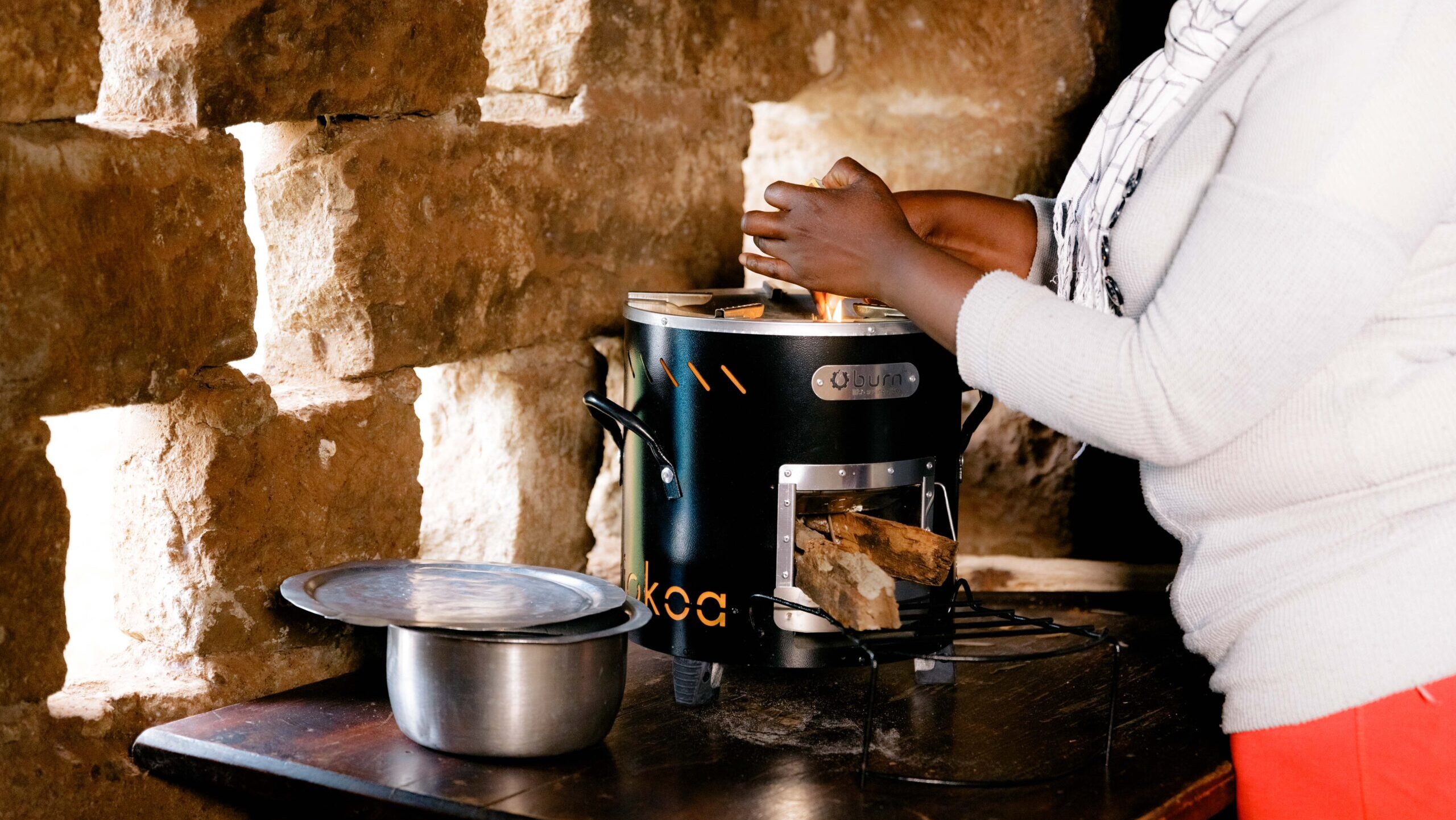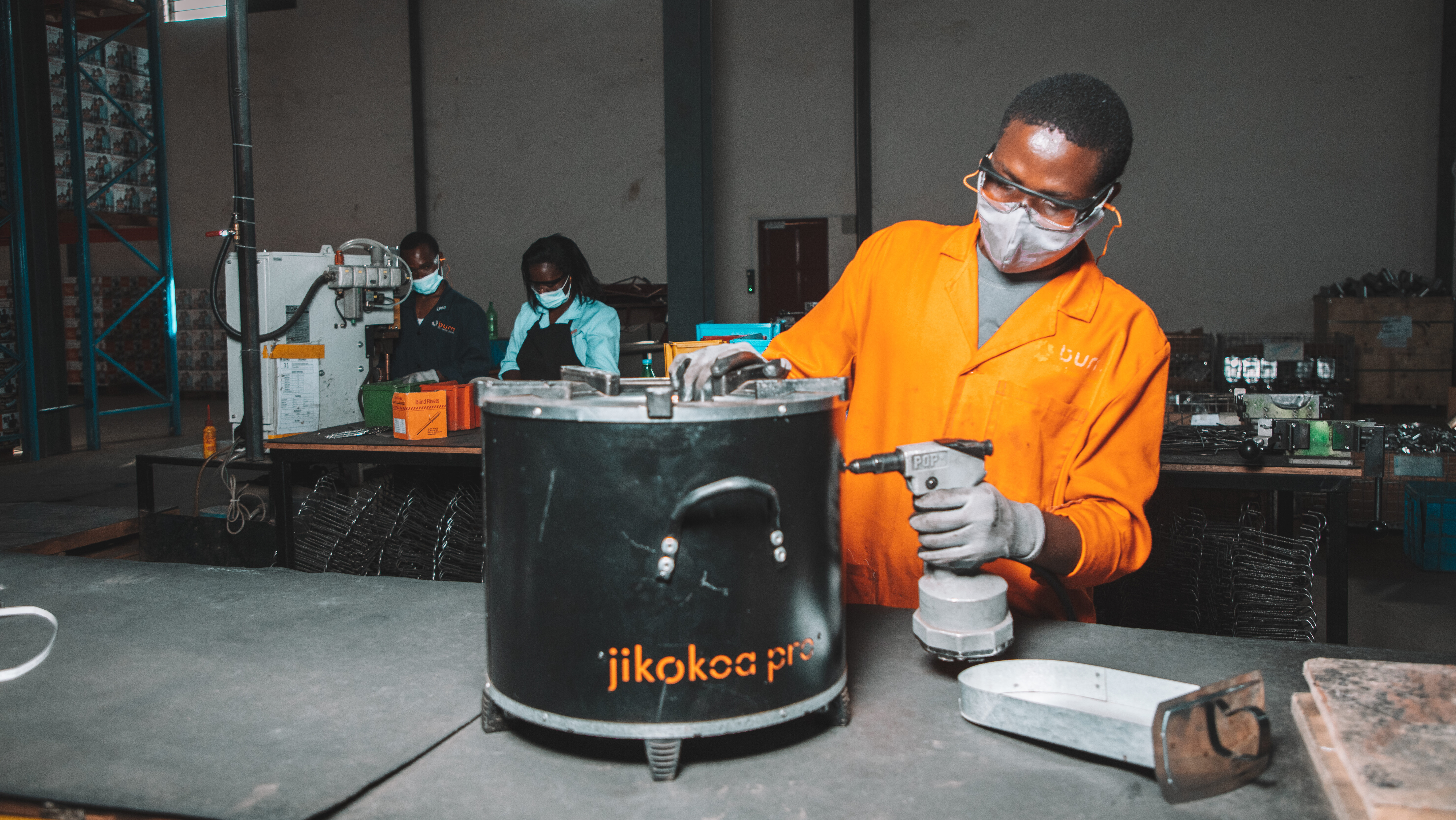Can Product Labels Increase the Purchase and Use of Improved Biomass Stoves?
Clean cooking technologies are increasingly prevalent in Kenya. Yet, many consumers remain unaware of their potential benefits, such as saving time and money, improving health, and protecting the environment.
To bridge this knowledge gap, the Clean Cooking Alliance’s (CCA) User Insights Lab (UIL) is working on a study on how product labels could boost awareness and potentially motivate consumers to adopt clean cooking solutions.

Often, the benefits of clean cooking products are difficult to evaluate prior to purchase, leaving customers to either make assumptions about a product or, more likely, choose not to purchase it. Informative product labels could be a useful tool to enable customers to overcome this hurdle, as they have been successfully implemented for other household appliances such as dishwashers and refrigerators. This could make labels effective for clean cooking solutions as well, as they could provide information on:
- Fuel efficiency and associated cost savings, which are difficult to evaluate before experiencing a product. By addressing this information asymmetry, labels could incentivize customers to choose an efficient and eco-friendly cookstove.
- Product features and performance from an independent source, helping consumers differentiate between products. By providing detailed information on product features and performance based on standard measures, labels could help consumers compare products and make informed decisions. An endorsement from a Kenyan authority could further boost consumer confidence, assisting consumers in distinguishing between low- and high-quality products.

Despite the potential benefits of product labels, there is limited research on their role in the adoption of improved cookstoves, particularly in Kenya and sub-Saharan Africa. CCA’s UIL research aims to better understand consumer purchasing decisions and, using behavioral experiments, test whether a prototype product efficiency label, developed by the Clean Cooking Association of Kenya (CCAK), is effective in increasing the uptake of improved biomass cookstoves.
The UIL will conduct field research in Kenya’s Nairobi and Kakamega counties, providing recommendations to CCAK and other stakeholders in the clean cooking ecosystem on their product labeling efforts. CCA will regularly share the results of the project’s different phases as they become available in the coming months. To learn about additional aspects of this work, email userinsights@cleancooking.org.
